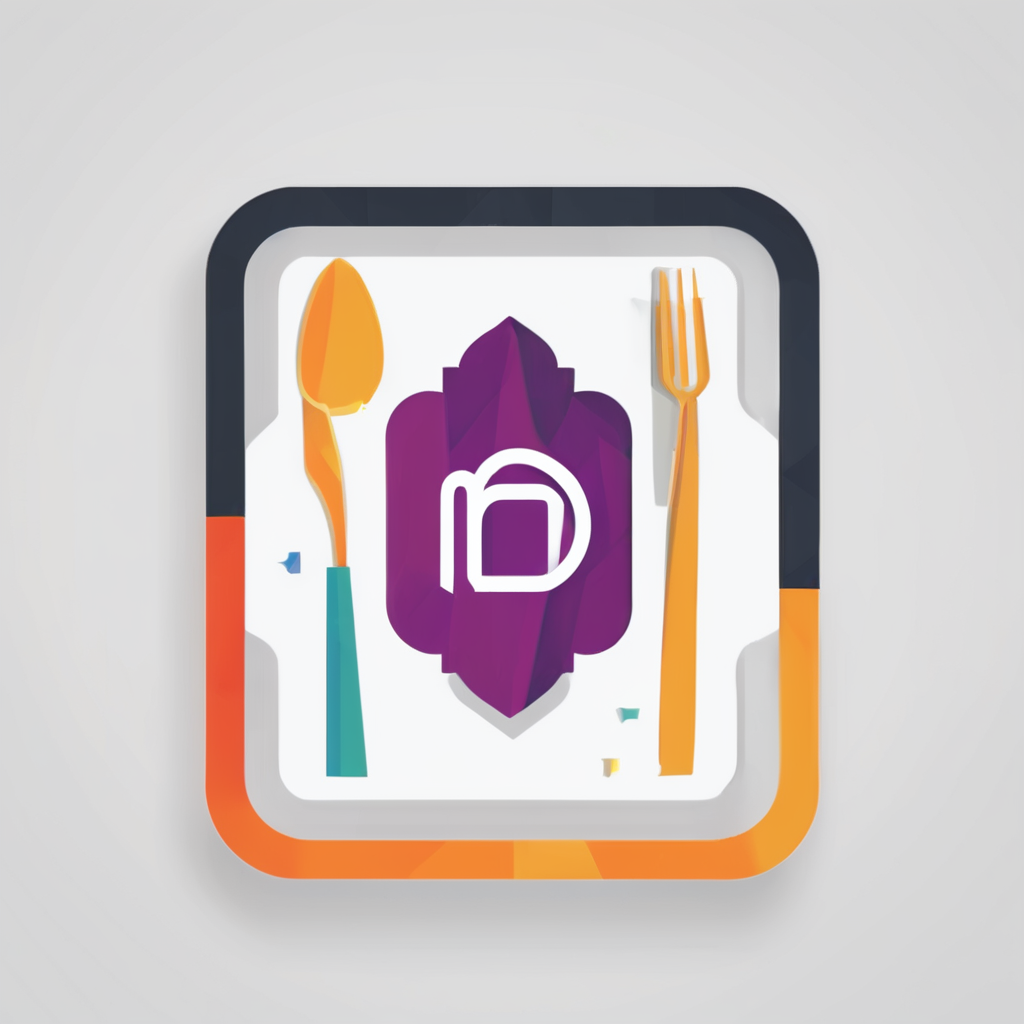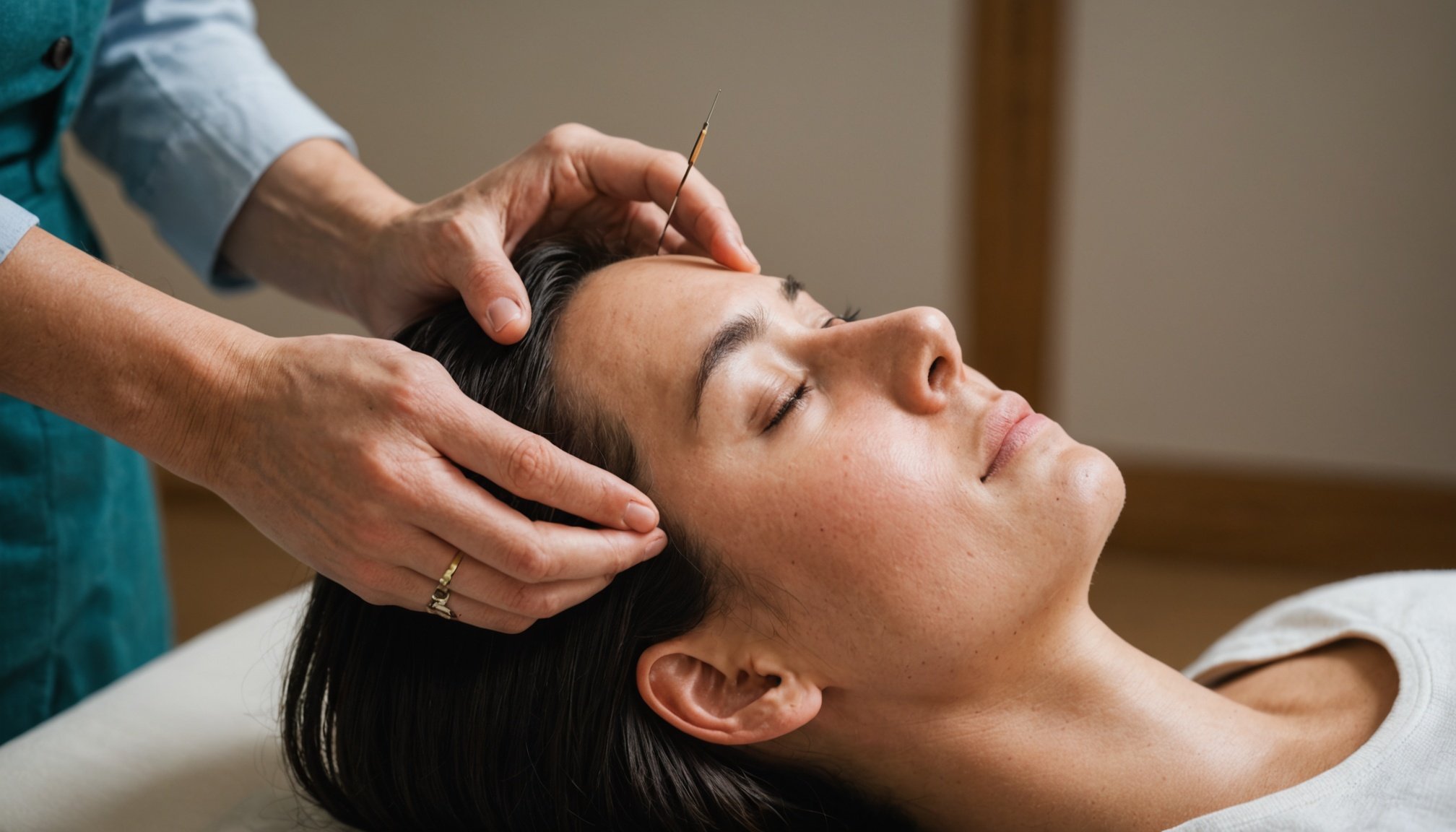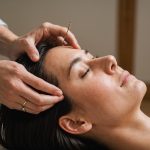Unlocking Relaxation: Evaluating Acupuncture’s Impact on Stress Relief Across the UK
In a world where stress and anxiety have become ubiquitous, people are increasingly seeking alternative methods to manage their mental and physical health. One such method that has garnered significant attention is acupuncture, a centuries-old practice rooted in Chinese medicine. This article delves into the world of acupuncture, exploring its benefits, mechanisms, and impact on stress relief in the UK.
What is Acupuncture?
Acupuncture is a form of traditional Chinese medicine that involves the insertion of thin needles into specific points on the body. These points, known as acupoints, are believed to lie along meridians or channels through which the body’s vital energy, or “qi,” flows. By stimulating these points, acupuncture aims to restore the balance of qi, thereby improving health and reducing symptoms of various conditions.
Also to discover : Discovering the Mental Health Perks of Urban Community Gardens in the UK
How Does Acupuncture Work?
The exact mechanisms behind acupuncture’s effects are still being researched, but several theories exist:
- Stimulation of Nerve Endings: Insertion of needles stimulates nerve endings, which send signals to the brain. This can lead to the release of various neurotransmitters and hormones that help in pain relief and stress reduction.
- Release of Endorphins: Acupuncture can trigger the release of endorphins, the body’s natural painkillers, which also have a mood-elevating effect.
- Impact on Brain Activity: Studies have shown that acupuncture can alter brain activity in areas related to pain and emotional regulation.
Benefits of Acupuncture for Stress Relief
Acupuncture has been widely recognized for its benefits in reducing stress and anxiety. Here are some key advantages:
In parallel : Ultimate Guide to Top Cooling Down Techniques for UK Amateur Athletes: Maximize Recovery and Performance!
Reduces Stress and Anxiety
- Acupuncture has been shown to help reduce symptoms of stress and anxiety by promoting relaxation and improving mood.
- A systematic review published in a reputable journal highlighted that acupuncture can be effective in reducing stress anxiety by modulating the body’s stress response system.
Improves Sleep
- Poor sleep is often a consequence of stress. Acupuncture can help improve sleep quality by regulating the body’s circadian rhythms and reducing stress hormones.
- Customer reviews on platforms like Amazon often mention improved sleep as a significant benefit of using acupressure mats and other acupuncture-related products.
Relieves Chronic Pain
- Chronic pain can be a significant source of stress. Acupuncture is known to help reduce chronic pain by stimulating pain-relieving pathways in the body.
- A meta-analysis of several studies confirmed that acupuncture is effective in reducing chronic pain and improving the quality of life for those suffering from it.
Practical Applications and Tools
For those interested in trying acupuncture or related therapies, here are some practical tools and methods:
Acupuncture Sessions
- Traditional acupuncture involves visiting a licensed practitioner who will insert needles into specific acupoints. This is often combined with other therapies like massage or herbal medicine.
- “I found my acupuncture sessions to be incredibly relaxing. The practitioner explained everything clearly, and I felt a significant reduction in my stress levels after just a few sessions,” says Sarah, a UK resident who sought acupuncture for stress relief.
Acupressure Mats
- For those who prefer self-treatment or cannot access a practitioner, acupressure mats are a viable option. These mats have pressure points that stimulate acupoints when you lie on them.
- The WTHN Acupressure Mat Set, available on Healf, is a popular choice. It promotes deep relaxation, improves sleep, and relieves pain and tension.
Electric Acupuncture
- This method involves applying a gentle electric current between acupuncture needles. It is designed to enhance the stimulation of acupoints.
- “Electric acupuncture added an extra layer of relief to my traditional sessions. It felt more intense but also more effective,” notes John, who tried this method at MCR Therapies.
Table: Comparing Acupuncture with Other Stress Relief Methods
| Method | Description | Benefits | Drawbacks |
|---|---|---|---|
| Acupuncture | Involves inserting needles into acupoints | Reduces stress and anxiety, relieves chronic pain, improves sleep | Requires a licensed practitioner, may cause temporary discomfort |
| Massage Therapy | Involves manual manipulation of the body’s soft tissues | Reduces muscle tension, improves mood, enhances sleep | May not address underlying energy imbalances, can be expensive |
| Medication | Involves taking prescribed drugs to manage stress | Quick relief, widely available | Can have side effects, may not address root causes |
| Yoga and Meditation | Involves practicing mindfulness and physical postures | Improves mental health, reduces stress, enhances flexibility | Requires consistent practice, may not be as immediate in relief |
Real-Life Examples and Anecdotes
Case Study: Overcoming Chronic Pain and Stress
- Emily, a 35-year-old marketing executive, suffered from chronic back pain and stress. After trying various treatments without success, she turned to acupuncture.
- “Acupuncture was a game-changer for me. Not only did it reduce my pain significantly, but it also helped me manage my stress levels. I feel more balanced and in control of my life now,” Emily shared.
Community Impact
- In the UK, community centers and health clinics are increasingly offering acupuncture sessions as part of their wellness programs.
- “We’ve seen a remarkable improvement in the mental health and well-being of our community members since we introduced acupuncture sessions. It’s been a valuable addition to our care services,” said Dr. Thompson, a healthcare provider in London.
Tips for Getting Started with Acupuncture
If you’re considering trying acupuncture for stress relief, here are some tips to help you get started:
Find a Licensed Practitioner
- Ensure that the practitioner you choose is licensed and experienced. This can make a significant difference in the effectiveness of the treatment.
Be Open-Minded
- Acupuncture may seem unconventional, but it’s important to approach it with an open mind. Many people find it surprisingly effective.
Combine with Other Therapies
- Acupuncture can be even more effective when combined with other therapies like massage, yoga, or meditation.
Use Acupressure Mats at Home
- For those who cannot visit a practitioner regularly, using an acupressure mat at home can be a convenient and effective alternative.
Acupuncture is a powerful tool in the arsenal against stress and anxiety. With its rich history, scientific backing, and practical applications, it offers a holistic approach to improving mental and physical health. Whether through traditional acupuncture sessions or self-treatment with acupressure mats, this therapy has the potential to help reduce stress, improve sleep, and enhance the overall quality of life.
As more people in the UK turn to acupuncture for relief, it’s clear that this ancient practice has a place in modern healthcare. By understanding its benefits and how it works, individuals can make informed decisions about incorporating acupuncture into their wellness routines.
In the words of Dr. Lee, a renowned acupuncturist, “Acupuncture is not just a treatment; it’s a journey towards balance and well-being. It helps people reconnect with their bodies and minds, leading to a more fulfilling life.”











